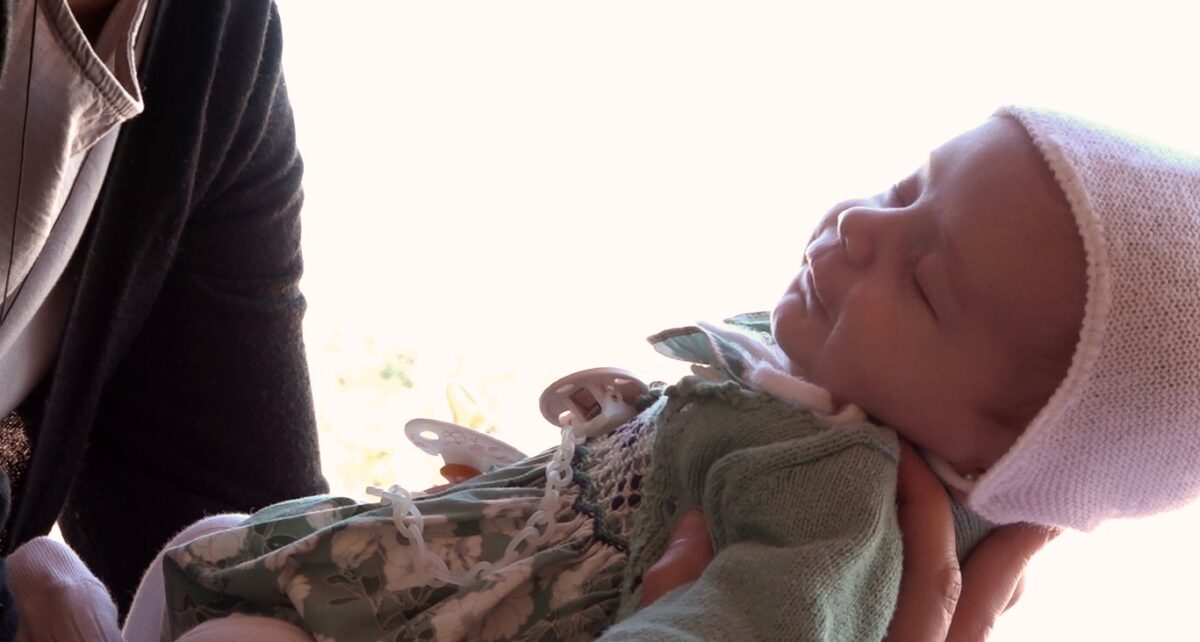
The ethical issues faced in assisted reproduction clinics
Although Spanish law led the way in regulating the practice of assisted reproduction and made significant progress in comparison with legislation in neighbouring countries, and even though Spain is, furthermore, a leader in the field both in terms of the quality of some of its clinics and health specialists, as well as in terms of the excellent results obtained, it is also true that an international consensus on legal regulations for the field providing for uniform or standard legislation has not been achieved. This is true even in the case of countries with similar ideologies and cultures.
Such a lack of consensus is, in part, due to the moral debate generated by some of the issues associated with assisted reproduction techniques since they are, by no means, free of an ethical debate. We can understand ethics as the area of philosophy dealing with Man’s morals and obligations and, when translated into the field of reproductive medicine, it refers to the search for a balance between the discipline’s goals and the techniques that specialists can use in order to obtain successful results in courses of treatment whilst, at the same time, respecting the patient’s right to autonomy.
Changes in society and the emergence of new family and parenting models, have meant that matters such as access to techniques by all-female couples and the option of carrying out the ROPA technique (partner assisted reproduction) face limitations and legal loopholes, as well as getting tied up in ethical issues. This also affects the regulations on surrogacy which, despite being a legal option in some countries, is not permitted in most due to the ethical and attachment problems it can generate for the surrogate mother.
Last of all, extensive progress in medicine, science and technology has opened up options that were previously unthinkable. This has rendered the laws regulating assisted reproduction techniques obsolete and generated new ethical and moral debates. For example, generation of new embryos when patients already have cryopreserved embryos from earlier courses of treatment or embryo manipulation of any kind, irrespective of the intended purpose (experimentation, gender selection and pre-implantation genetic diagnosis, even when aimed at selecting embryos that are compatible with a poorly sibling in order to find a cure), are subject to debate and contrasting opinions. The same is true of the apparently simple question of limiting the number of children facilitated by a given gamete donor.
In any case, no area of science is free of ethical issues. The important thing is to remember that reproductive medicine, as the biomedical science that it is, is a science that works in favour of life. It is at the service of society and has the honourable aim of helping patients to achieve their goal of having children.
